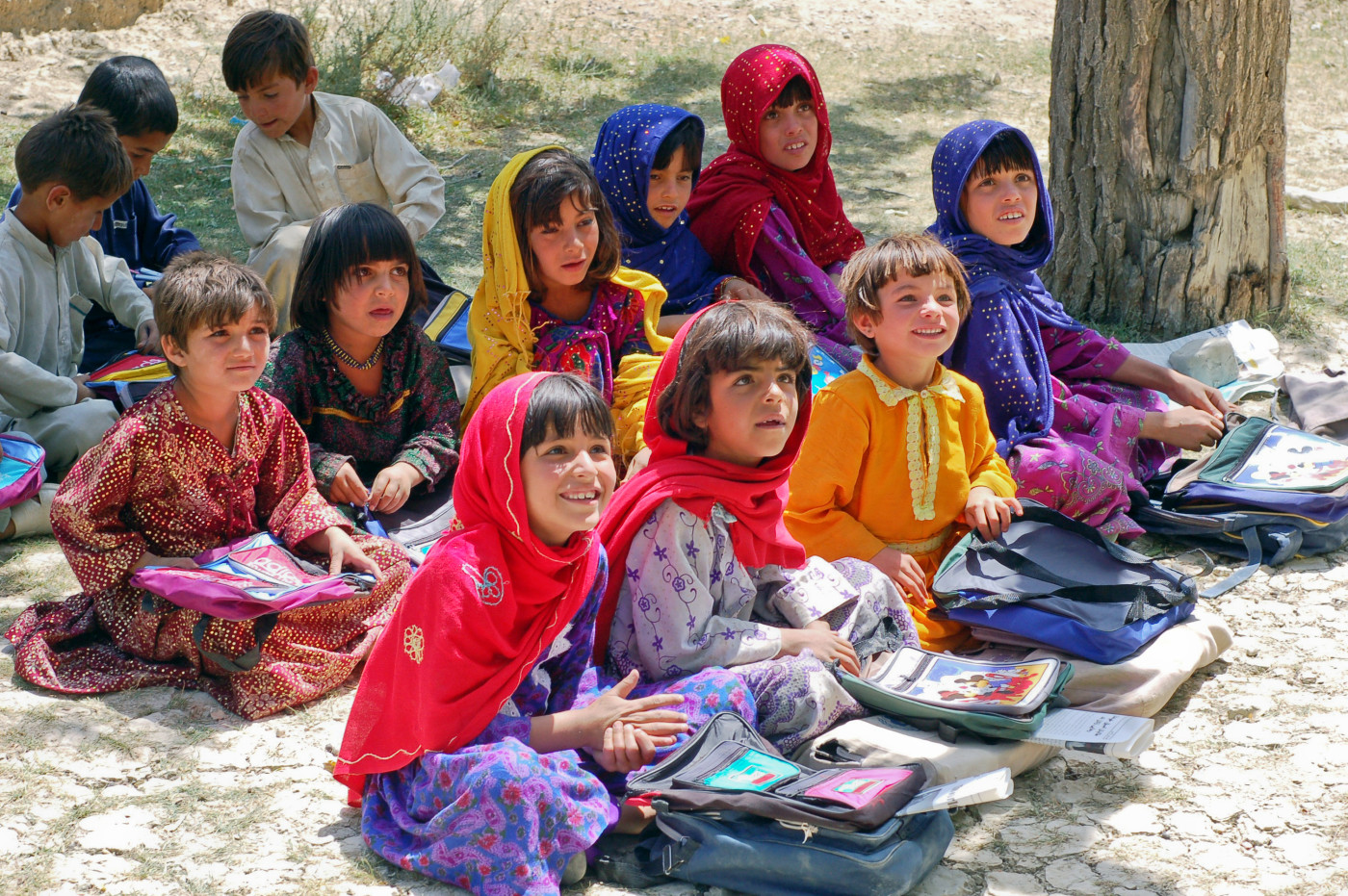
by Robert Sauder
Published: November 23, 2016
The new Global Education Monitoring (GEM) Report evaluates the world’s progress towards achieving inclusive and quality education for all, and provides a sobering account of what’s at stake if countries fail to meet their targets by 2030. The GEM Report shows strong interdependence between global education financing and success in all of the Sustainable Development Goals (SDGs), especially those linked to economic growth, environmental protection, and social development.
.@GEMReport #gender review shows ensuring similar no. of girls &boys are in school at all levels is work in progress https://t.co/jyU7MwSbpo pic.twitter.com/Vvv59ahxO0
— UN Education Report (@GEMReport) October 28, 2016
At the Canadian launch of the 2016 GEM Report, co-hosted by the Canadian Commission for UNESCO, Global Affairs Canada and CODE, Karina Gould, Parliamentary Secretary to the Minister of International Development and La Francophonie, spoke on Canada’s support for developing countries in ensuring universal completion of secondary education.
“The 2016 GEM Report shows us that by working together, we have made significant progress in the education sector over the past 15 years,” said Gould, “Yet it also highlights the considerable work left ahead, particularly for girls who still face persistent barriers to their education.” Millions of children do not yet receive pre-primary, early childhood education, or formal schooling, with notable underrepresentation of girls at all education levels.
Recommendations for Canada and partners in global education
Global education is likely to emanate as a priority area from Canada’s International Assistance Review (IAR). “Canada recognizes education as a human right and an essential driver of sustainable development,” said Karina Gould, “That is why we are working with likeminded partners to help ensure that every child, regardless of circumstance, receives quality education.”
The GEM report calls on countries to take bold and transformative action in areas of global partnership to support universal primary and secondary education. At the current progression, only 70% of children in low-income countries will complete primary school in 2030. Canada’s partnerships with key education actors, such as the United Nations Children’s Fund (UNICEF), underscore opportunities to provide principled leadership in this area. Canada is ideally positioned to:
1. Adopt an innovative development financing strategy for education initiatives.
A substantial, results-based funding commitment, which goes beyond Canada’s multilateral contributions, can address well-known problem areas in universal quality education. It can also bridge investment in interdependent areas of sustainable development. The 2016 GEM report estimates an annual financing gap of US$39 billion (2015-2030) for reaching the 2030 targets of universal education in low and lower middle income countries.
Extensive consultations in Canada’s IAR signal that results-based and public-private initiatives will play an increasingly important role in Canada’s approach to development finance.
One promising strategy is to finance innovative, localized, and “learner-centred” education, which moves past conventional “teacher-centred” approaches that overemphasize the instructor’s role and privilege rote memorization. Instead, learner-centred approaches promote competencies that empower the learner to develop critical thinking skills, imagine future scenarios and practice collaborative decision-making.
Domestic financing has to be better spent & partnerships need to be strengthened in order for Cda to achieve #sdg4pic.twitter.com/9rkP6u5EzQ — CCUNESCO_Canada (@CCUNESCO_Canada) October 28, 2016
2. Leverage Canada’s agencies, partners and position with stakeholders on the ground to collect, analyze and fill gaps in education data.
The GEM report recommends implementing meaningful ways for a greater diversity of stakeholders to take part in coordinating discussions on SDG 4 indicators. Civil society organizations have been instrumental in challenging officially reported data on East Africa’s education sector and conducting parallel data collection for validation. Canada should continue to leverage civil society partnerships, which will improve monitoring of universal primary and secondary education and fill crucial gaps in data. Better coordination, according to the GEM report, is the key to follow-through and effective allocation of resources on plans for improvements.
3. Use gender analysis to drive a differentiated and targeted approach to effective development assistance for education.
Gender parity in access to educational opportunities is still a work in progress, but gender disparities also persist in the design and delivery of education. Effective solutions to gender inequality issues require a differentiated and targeted approach to development financing, which fully integrates gender analysis into donor allocation frameworks.
Overall and by subject, girls and boys have historically achieved different education outcomes; girls excel in reading comprehension and the language arts while boys outperform in mathematics and sciences. Later in life, women and men continue to dominate different labour sectors, which confer determinedly different levels of socioeconomic advantage or disadvantage. Women concentrate in lower-paying teaching professions while men dominate high-earning information and communication technology (ICT) sectors.
Recent studies suggest that changing the conditions of learning can alter these trends in developed and developing countries. Under the right conditions, girls and boys can perform equally well in subject areas where their gender group have historically underperformed; there is no inherent difference in their capacities. One promising strategy is to finance non-formal education in practical skills that are relevant to locally available work. The GEM report submits that making such opportunities available to youth can promote equitable relationships between gender groups in terms of labour force participation and occupational bias.
“Achieving #genderequality requires a major transformation which cannot happen without #education” -Nora Fyles presenting @GEMReport launch. pic.twitter.com/RlHUHeqlMg — CODE (@codecan_org) October 28, 2016
Creating Sustainable Futures for All
Progress towards the seven targets of the global education agenda, or SDG 4, will have a far-reaching and measurable impact on the path to sustainable development. As Canada signals its commitment to returning to the global stage, it is important for resource mobilization to reflect evidence-based policies. Canada is well placed to harness the considerations of the GEM Report to strengthen international assistance for education, and take bold action to enhance monitoring of global progress towards Agenda 2030 for Sustainable Development.
For more policy ideas and recommendations on pressing topics in the Canadian policy landscape, explore the CIDP 2016 Data Report.


Recent Comments